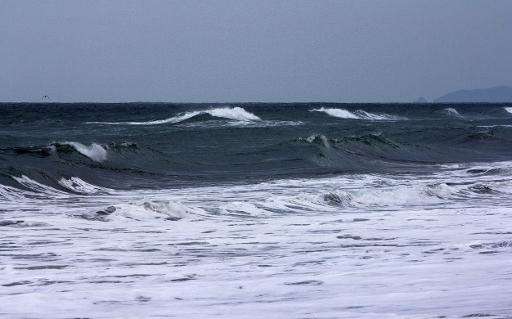The United Nations took a step closer toward crafting a major treaty that would protect marine life beyond territorial waters by passing a resolution at the General Assembly
The United Nations took a step closer Friday toward crafting a major treaty that would protect marine life beyond territorial waters by passing a resolution at the General Assembly.
The eventual UN treaty would be the first to specifically address protection of marine life, calling for the preservation of vast areas threatened by pollution, overfishing and global warming.
Friday's resolution, which was co-sponsored by Australia, New Zealand, Jamaica, Samoa and Tonga among others, established a "preparatory committee" scheduled to meet twice in 2016.
The resolution "decides to develop an international legally-binding instrument... on the conservation and sustainable use of marine biological diversity of areas beyond national jurisdiction."
Further meetings in 2017 will conduct more preparatory work and the assembly will decide in 2018 on convening an international conference to negotiate the treaty.
The treaty would deal with international zones that make up 64 percent of the world's oceans or a total of 43 percent of Earth's surface.
Regular international conventions already regulate some activities, such as fishing in certain areas, but at the moment no treaty exists to protect the seas against all dangers that threaten marine life.
This initiative, which the United Nations has been discussing for 10 years, was revived in January when experts from 193 countries met in New York.
The High Seas Alliance, a group of non-governmental organizations which has been campaigning for the resolution, welcomed the news.
"Launching these negotiations marks the beginning of a new era in ocean conservation," said Elizabeth Wilson, director of international ocean policy for HSA member, The Pew Charitable Trusts.
"The process may be in its early stages, but the commitment made by world leaders should not be underestimated," she said.
Sofia Tsenikli of Greenpeace said: "A global network of marine reserves is urgently needed to bring life back into the ocean - this new treaty should make that happen."
© 2015 AFP
























